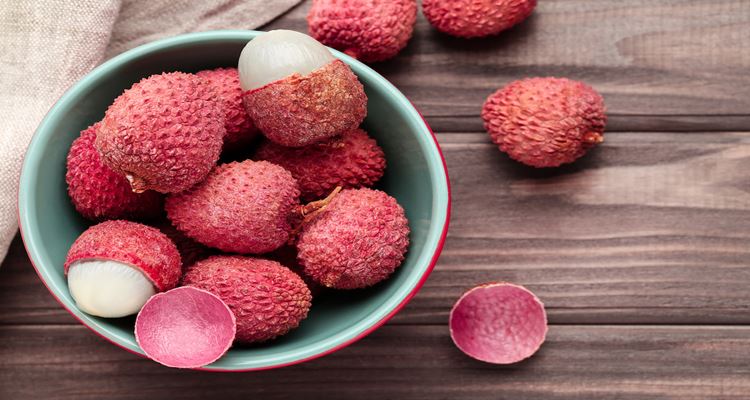Here are some details about lychee including the number of calories it has.
LYCHEE – A tropical fruit that has uniqueness in appearance and taste is lychee and here are some details about this.
In eating fruits, variety is just as important as quantity as there is no amount of fruit that can give all the nutrients that the body needs for proper functioning. And one tropical fruit that we all love may it be eaten raw or as juice is lychee (Litchi chinensis).

This fruit is also known as the “alligator strawberry” and one can tell that such a name is coined because of its appearance. Its shape is pretty similar to a strawberry but its skin looks scaly and rough the same as the skin of an alligator. Its surface looks leathery and tough but it is easy to be peeled.
When peeled, it has a white flesh that is juicy, sweet, and fragrant. It can be used for tropical fruit salads or blended with cocktails, juices, smoothies, and desserts.
According to a post from Narayana Health, the following are the health benefits of this fruit:
- rich in fiber and low in calories which is a great addition to your diet if you want to lose weight
- its fiber can help maintain a smooth bowel movement and relieve constipation
- great source of Vitamin C, an antioxidant that can help boost the immune system and prevent serious health conditions
- it is rich in potassium, iron, copper, manganese, phosphorus, and magnesium
- it contains several antioxidant-plant compounds like epicatechin and rutin that work against chronic diseases, cataracts, diabetes, heart diseases, and cancers
- it has copper for hair growth
According to the post, this fruit is very healthy having lots of vitamins, antioxidants, and numerous health benefits. Apart from antioxidants, it also has anti-cancer, anti-inflammatory, anti-microbial, anti-viral, anti-diabetic, anti-obesity, and immune-boosting benefits.
Eating 10 lychees will already serve us 69 mg of vitamin C, an amount equivalent to a medium orange.
READ ALSO:
What can you say about this? Let us know!
